Preventing Water Damage During a Plumbing Emergency: Tips for Homeowners
Learn essential tips for homeowners to prevent water damage during a plumbing emergency. Discover practical advice and expert insights to safeguard your home and valuables from potential water-related disasters. Don’t let a plumbing mishap turn into a costly nightmare—take proactive steps to protect your property today.
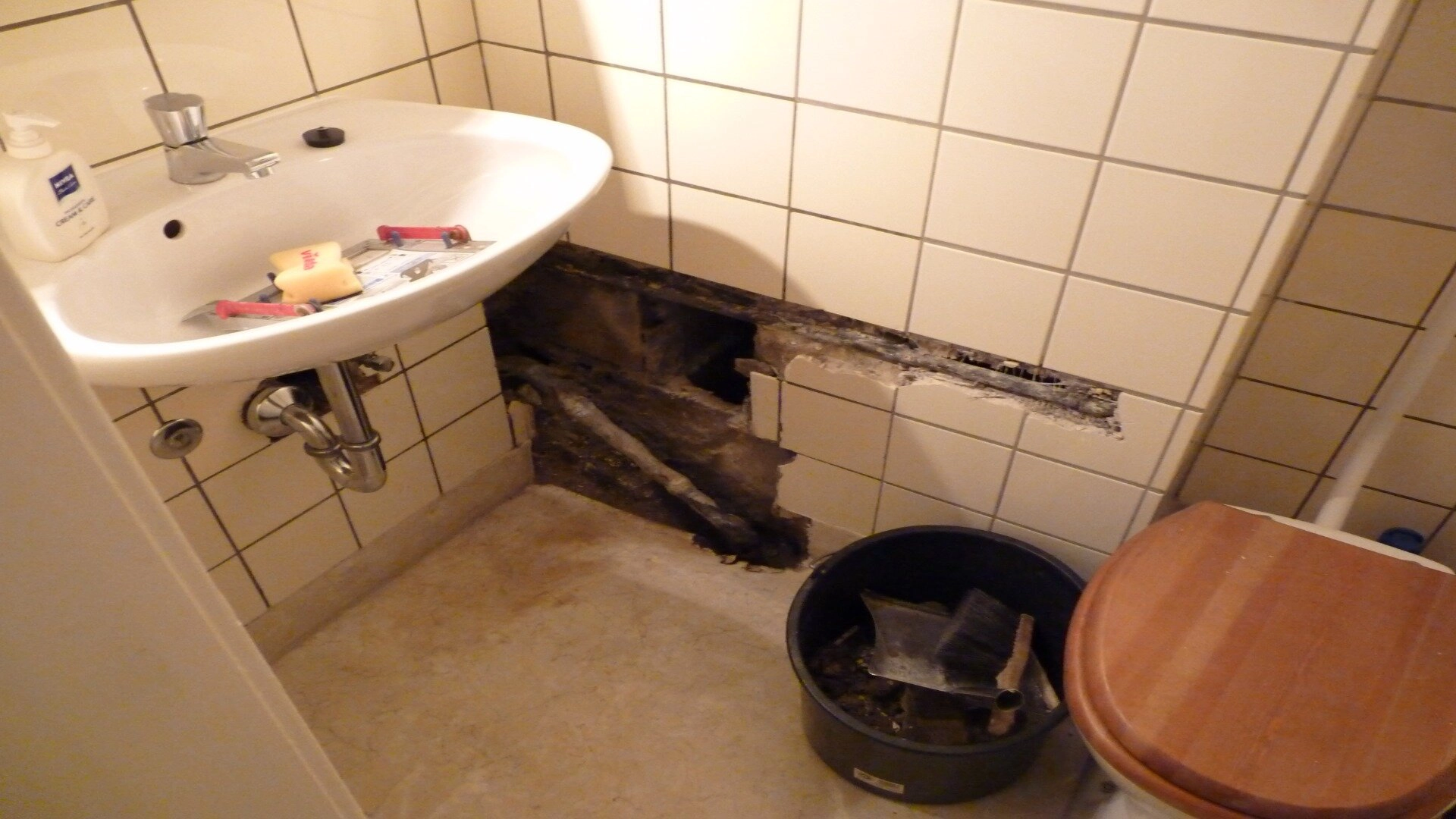
Plumbing issues can strike at any time and cause significant water damage if not addressed quickly. A leaky pipe, an overflowing toilet, a gas leak, burst pipes, or a leaking water heater can flood your home in minutes. When an emergency arises, having a plan is essential to limiting the spread of water and resulting property damage.
In this article, we will provide homeowners with valuable tips and guidance for handling common plumbing disasters to prevent extensive repair costs down the road. We’ll cover how to locate the water source, shut off the water, use towels and buckets to soak up excess moisture, and know when to call an emergency plumber.
Adopting a few simple precautions can protect your investment and possessions the next time the household plumbing system goes awry. Preparing for the unexpected is critical to weathering water-related home emergencies with minimal hassle or expense.
The Importance of Preventing Water Damage
Plumbing emergencies can strike at any time, causing significant water damage if not addressed quickly . From burst pipes to overflowing toilets, these issues can flood your home in minutes. When a plumbing emergency arises, having a plan is essential to limiting the spread of water and resulting property damage. In this article, we will provide homeowners with valuable tips and guidance for handling common plumbing disasters to prevent costly repairs down the road.
Identifying a Plumbing Emergency
Sometimes, it’s challenging to determine what constitutes a plumbing emergency and what can wait until the next day for attention. When plumbing issues arise, homeowners must take steps to prevent water damage. Water can quickly damage materials like wood, drywall, flooring, insulation, and more if allowed to accumulate. Even a slight flood from a leaky pipe or toilet can cost thousands of dollars to repair if it saturates walls and floors. Larger floods are devastating and may require extensive renovations.
Not only does water damage cause structural problems over time and can create conditions for mould growth, which is costly to remediate and poses health risks. By effectively containing water during an emergency, homeowners can protect their major investments and avoid unnecessary repair bills. The cost of mitigating water quickly far outweighs the financial and practical consequences of extensive moisture damage and needed restoration work.
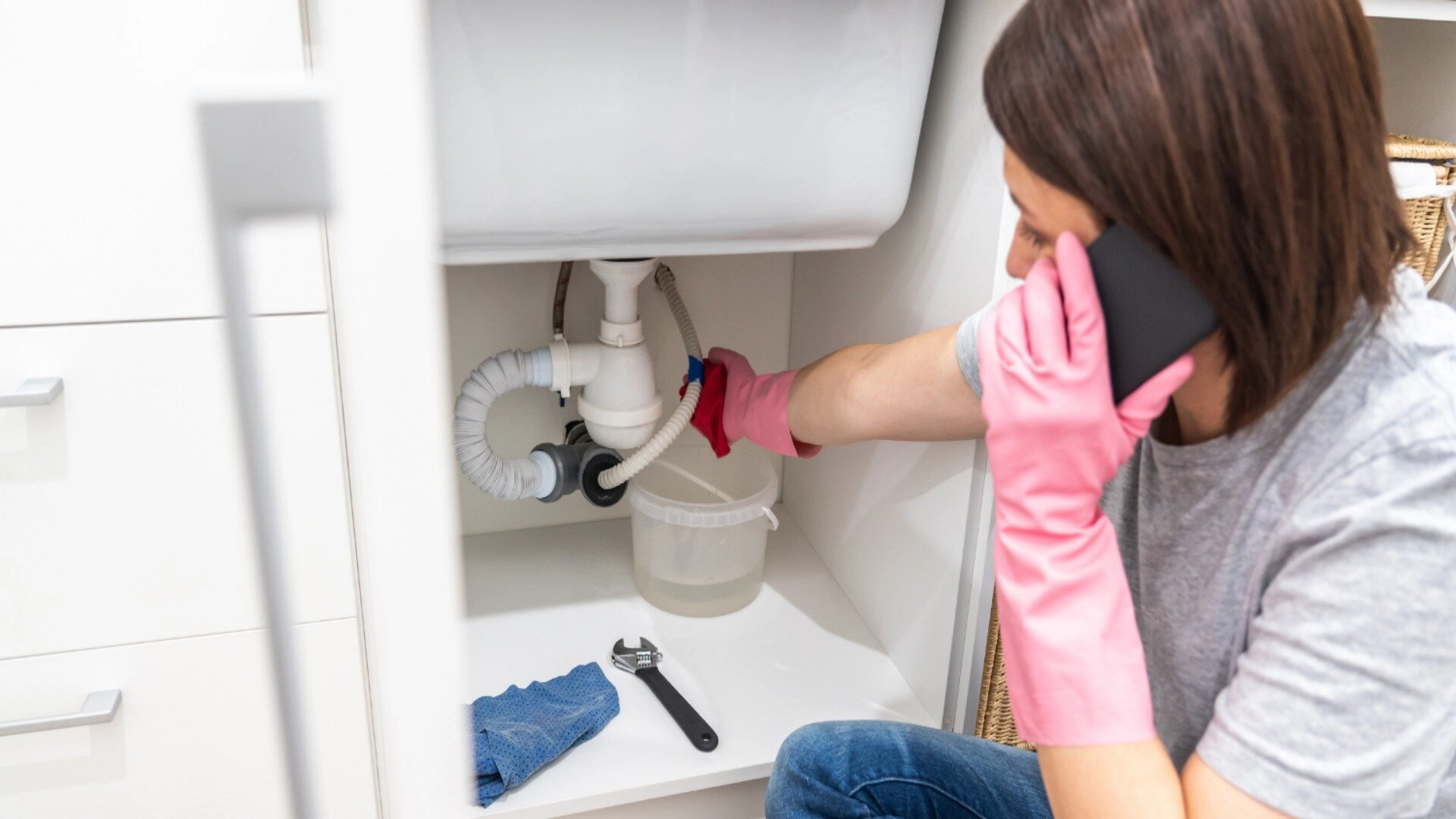
Steps to Take During a Plumbing Emergency
-
Locate and shut off the water source: The first step in any plumbing emergency is to find the source of the leak and shut off the water to prevent further damage. Locate the main water valve and turn it off immediately.
-
Call an emergency plumber: In severe cases, such as burst pipes or a major leak, it’s crucial to contact a professional plumber right away. They have the expertise and tools to quickly resolve the issue and minimize damage.
-
Use towels and buckets to soak up excess water: While waiting for the plumber to arrive, use towels, mops, and buckets to remove as much water as possible. This will help prevent the water from spreading and causing more damage.
-
Turn off electrical appliances: If water has come into contact with electrical appliances or outlets, turn off the power at the main electrical panel to avoid the risk of electric shock.
-
Document the damage: Take photos and videos of the affected areas for insurance purposes and to help the plumber assess the situation.
Preventing Plumbing Emergencies
While some plumbing emergencies are unavoidable, there are steps homeowners can take to minimize the risk:
-
Regular maintenance: Schedule regular inspections with a professional plumber to identify and fix minor plumbing issues before they become major problems.
-
Proper usage: Avoid flushing non-biodegradable items down the toilet and dispose of grease and oil properly to prevent clogs and backups.
-
Insulate pipes: In cold climates, insulate pipes to prevent them from freezing and bursting.
-
Know your plumbing system: Familiarize yourself with your home’s plumbing system, including the location of the main water valve, to quickly shut off the water in an emergency.
Signs of a Plumbing Emergency
There are several clear signs that a plumbing issue has developed in the home, and immediate action is needed . One obvious warning is the sound of running water where it should not be, such as appearing to come from wall cavities or floors.
Another red flag is extensive water pooling under pipes, appliances, or fixtures . A toilet constantly running or a tank refilling too quickly likely indicates a faulty flapper.
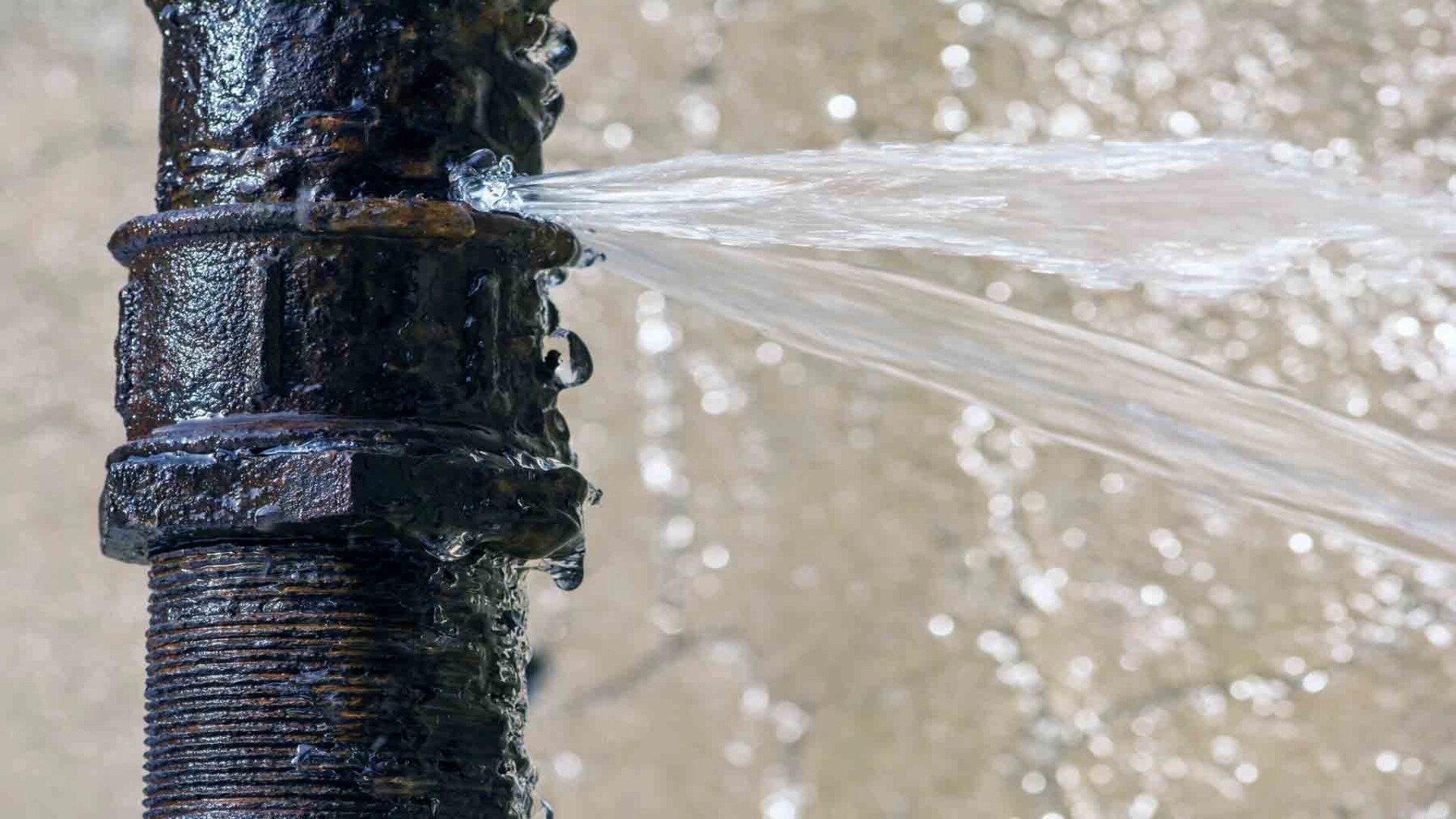
A water heater that appears to be leaking from the base , pipes that have developed apparent leaks, or a sink that will not stop running even after shutting off the below fixture are all situations that demand prompt resolution to prevent flooding.
Homeowners should also look out for plumbing that has come unattached from walls, sloshing sounds in pipe chases, a burst pipe, and wet areas spreading on the drywall as potential signs a plumbing emergency is underway.
Regular Inspections and Maintenance Tips
Routine inspection and maintenance of plumbing systems can prevent water damage and disasters. Homeowners should check pipes, connections, appliances, and fixtures monthly for any signs of corrosion, rust, cracks, or leaks.
Looking for early indicators of emergency plumbing problems makes timely repairs less expensive than emergency replacements. Insulating pipes in unheated areas also prevents freezing issues.
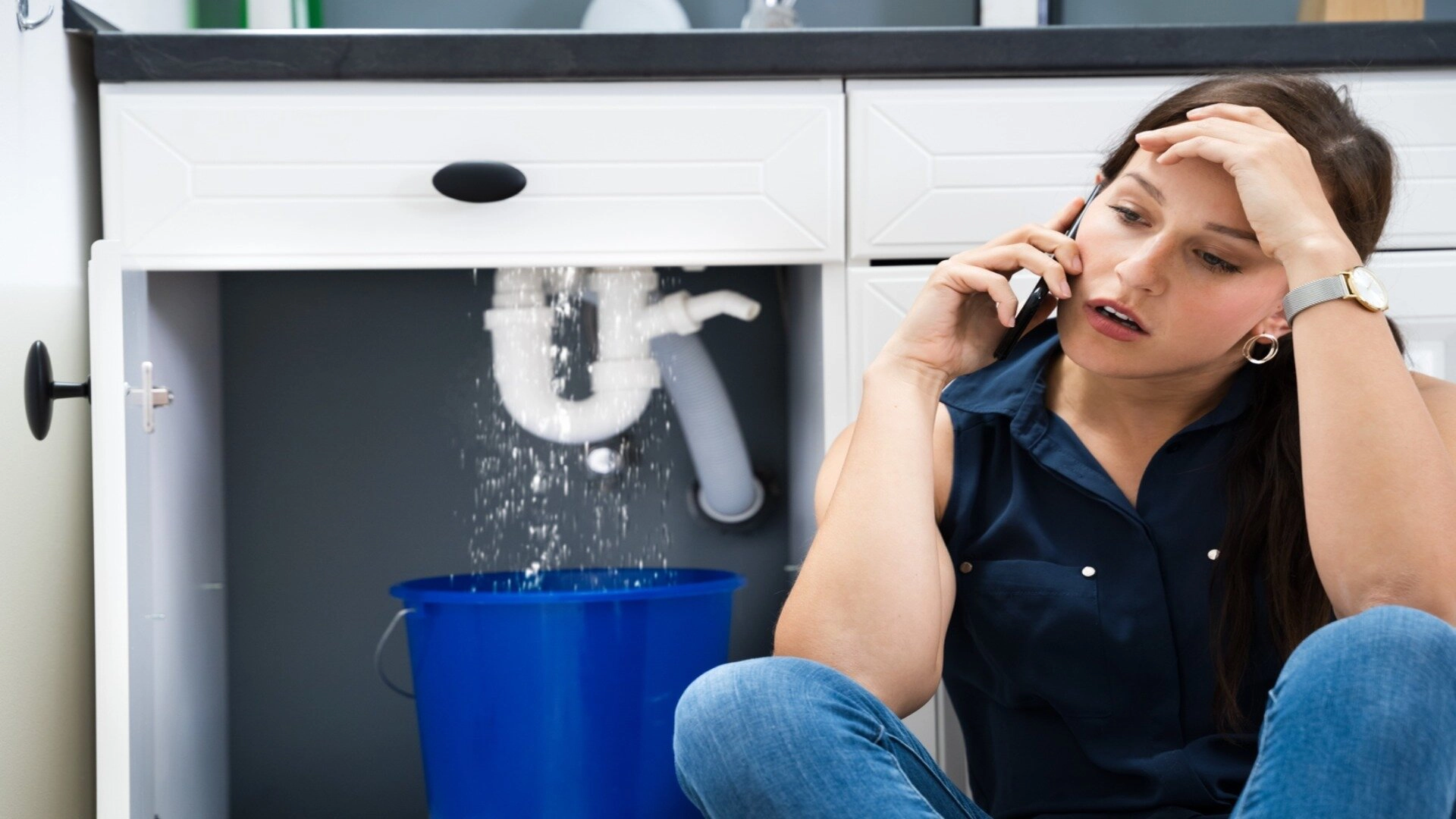
Annual inspections performed by a plumber can catch minor problems before they worsen. Regularly replacing washing machine supply hoses that are five years old and older , using non-toxic plumbers putty to reseal basin surfaces, and keeping drains clear of build-up through occasional baking soda flushes all help prevent emergencies down the road.
Conducting simple plumbing checks consistently is the best way for homeowners to avoid costly flood damage and major repairs.
Strategies for Safeguarding Your Belongings
Protecting valuables and furnishings from potential water damage is essential when a plumbing issue strikes. Having a plan makes it easier to shift into action mode quickly. Some key strategies include:
Elevate items
Move electronics, important documents, clothes, and other belongings to higher ground, such as upper floors, storage bins on furniture, or the kitchen counter. This gets them out of the flood zone.
Cover furnishings
Use plastic sheets, tarps, or painter’s drop cloths to shield rugs, couches, furniture, and bedding from accumulating moisture. Secure with tape.
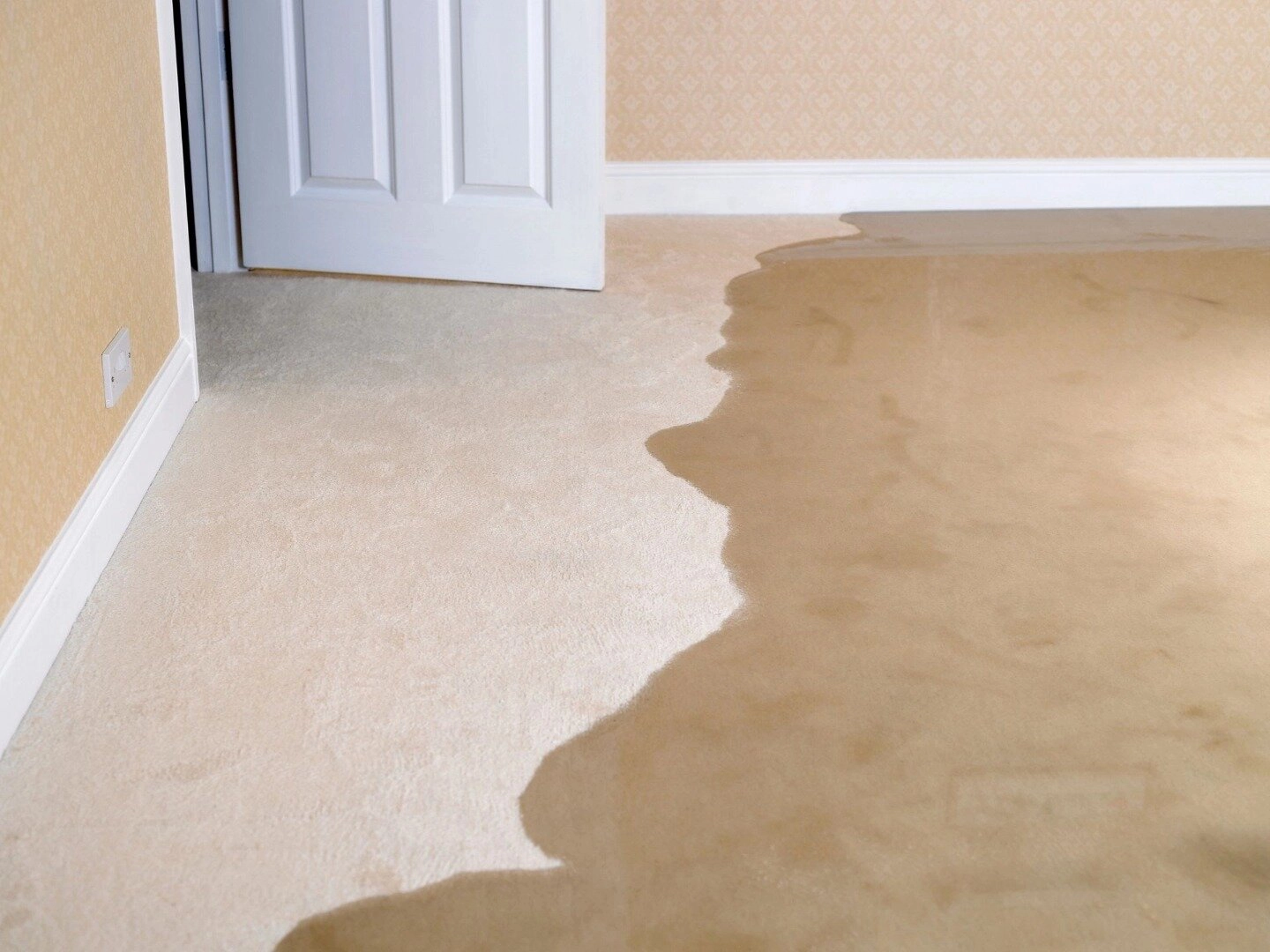
Relocate rugs
To prevent permanent stains, roll up area rugs and move them to a dry place until the flooding is under control.
Seal breakables
Wrap fragile heirlooms, photo frames, glasses, vases, and other breakables in plastic bags to keep them dry inside and out.
Power down electronics
Unplug small appliances, T.V.s, and other devices to prevent power surges or short circuits from occurring if water comes into contact with outlets or wires.
With an emergency plan, homeowners can protect treasured possessions from potential plumbing Flood damage.
Quick Solutions for Common Plumbing Emergencies
Many typical plumbing problems that arise in the home can be addressed quickly and easily by homeowners without needing to call a plumber immediately. A running toilet, for example, is often fixed by replacing the flush valve or flapper under the tank.
Dripping faucets may only require new, inexpensive washers. Kinked or leaking supply hoses on appliances like washing machines can be solved by replacing inexpensive rubber hoses.
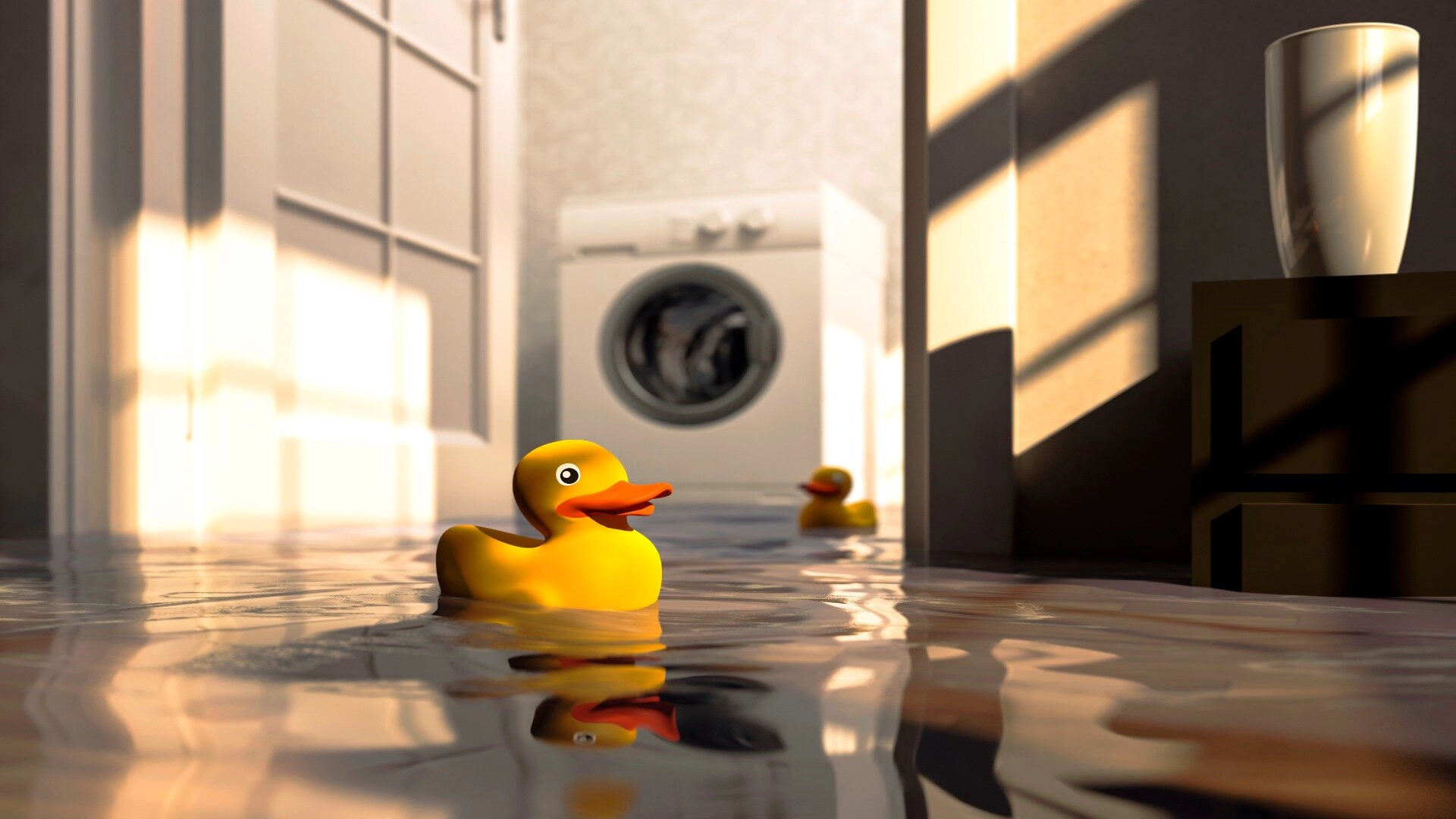
Blocked drains can often be cleared with a plunger or bending coat hangers to dislodge clogs further down the pipe . Having materials like extra washers, valves, and drain cleaning tools on hand allows issues like these to be resolved rapidly, containing damage.
Of course, complex problems may require professional assistance, but tackling straightforward fixes allows homeowners to avoid emergencies faster.
How to Prevent Water Damage in a Plumbing Emergency
Taking proactive measures can help prevent plumbing disasters from recurring down the road. Adopting a few best practices makes unwelcome flooding less likely to strike again. Key steps include:
Insulate Pipes
Protecting water lines prone to freezing with insulation sleeves or wrapping prevents freezing and bursting during cold spells.
Upgrade Gas Water Heater
Replacing an aging, standard water heater with an energy-efficient, tankless model reduces the risk of gas leaks from old, corroded tanks.
Install Water Detection Sensors
Affording early warnings of water supply line ruptures with leak sensors that sound audible alarms.

Increase Hot Water Temperature
Setting the water heater to a higher temperature (120-140F) prevents bacteria growth that can cause pipes to decay more rapidly.
Consider Backup Systems
Investing in sump pumps and backup generators ensures that the plumbing system will still function if power or heating fails during storms.
Opt for Trim Kits
Pro installation kits or an emergency plumbing kit for faucet/hose/valve hookups lessen the chance of accidental disconnections leading to leaking pipes.
Taking a preventative approach can provide extra protection against plumbing surprises down the road.
Being Prepared for the Unexpected
Being prepared for plumbing emergencies and knowing what to do during a flood can help reduce the potential for costly water damage. Having the right containment supplies on hand and adopting regular maintenance and inspection practices increases your ability to avoid disasters before they happen. While some issues require a professional plumber, many common problems can be addressed quickly using basic D.I.Y. methods and materials.
If you need assistance with plumbing installations, repairs, or inspections, please get in touch with the experts at Service First . With years of experience serving the community, we are equipped to handle all of your residential, commercial, and emergency plumbing services needs efficiently and effectively.
with any questions or require plumbing assistance. You can contact us at our website or by phone for a free estimate. Taking action right away during plumbing emergencies will help limit damage—we’re here to help should the need arise.